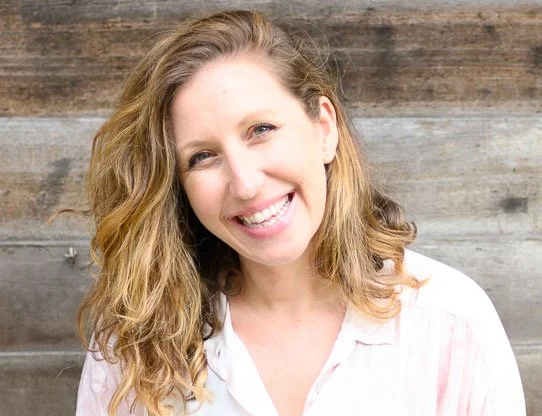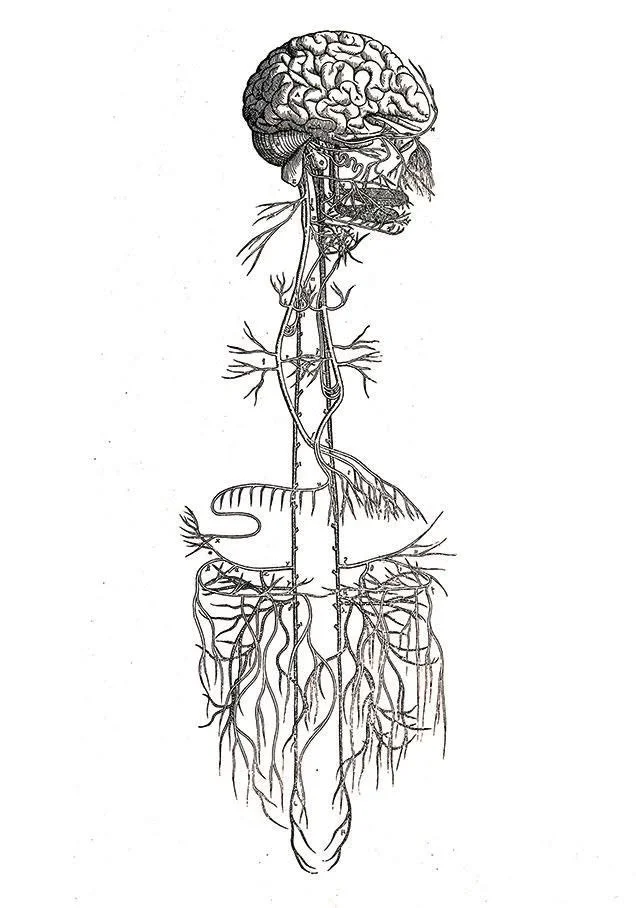
Is a lack of confidence holding you back?
I can help you.
⋆ Wedding speeches ⋆
⋆ Work presentations ⋆
More persuasive pitches
⋆ Leaders who own the room ⋆
⋆ Less anxiety before board meetings ⋆
⋆ Wedding speeches ⋆ ⋆ Work presentations ⋆ More persuasive pitches ⋆ Leaders who own the room ⋆ ⋆ Less anxiety before board meetings ⋆
Hi, I’m Susie. I teach people who are afraid find rockstar confidence so they can perform their best in high-pressure meetings, keynotes and panels.
My clients have gone from ‘crippling fear of karaoke’ to ‘singing in public’ and from ‘wedding speech nerves’ to ‘communicated feelings effectively’. If I can help someone who is terrified of a karaoke mic, imagine what we can do with a nervous exec before a presentation.
I will help you discover just how impactful you can be when your nervous system is calm and regulated and you believe in yourself just a tiny bit more. If you can sing, you can do anything.
Together we will breathe, move & sing. I tailor my sessions to each individual client - there is no one size fits all.
I offer 1:1 presentation confidence sessions, group sessions for women in leadership, and one off intensive 1:1 high stakes pitch rehearsal sessions.
Schedule a 15 minute discovery call to see how we can work together via the link below:
★ Being seen and heard is at the core of what I do as a professional musician. I have been performing, writing & recording for 30 years at major venues worldwide. You can find out more about my work as an artist here.
★ I am a music industry mentor for Help Musicians - nurturing and inspiring musicians to achieve their full potential. Helping people find their way out of their shell is what I do.
★ I suffer from anxiety, panic disorder and lifelong stage fright, and so am uniquely positioned to understand even the most nervous individuals. I teach the techniques I use myself to own the stage and be remembered.
“When people sing, they control their breath. The process of singing requires expanding the duration of exhalation. During the exhalation phase of breathing, there is an increase in the effectiveness of the myelinated vagal efferent pathways on the heart. This explains how singing or playing a wind instrument would contribute to a calmer physiological state and provide greater access to the social engagement system.”
— Stephen W. Porges, The Pocket Guide to the Polyvagal Theory: The Transformative Power of Feeling Safe
Download my FREE guide: ‘How to Hack Your Fear and Use Your Voice With Confidence in 8 Easy Steps’.
Do you have an event looming that you’re terrified of? Sign up below to receive a FREE 10-page guide containing my favourite tips & tricks to calm those nerves & use your voice with confidence.






